

Balagopalastuti...
Balagopalastuti
Celebrating the Child Krishna by: Harsha V. Dehejia , Jahnabi Barooah Chinchani , Narmada Prasad UpadhyayaThe Balagopalastuti occupies an important place both in the annals of Krishna art as well as Krishna bhakti. This book brings to light both the poetry and paintings and touches both the Krishna rasika and Bhakta.
₹1,195.00 Original price was: ₹1,195.00.₹1,076.00Current price is: ₹1,076.00.
ISBN: 9788124610015
Year Of Publication: 2019
Edition: 1st Edition
Pages : 96
Language : English
Binding : Hardcover
Publisher: D.K. Printworld Pvt. Ltd.
Weight: 350
The Balagopalastuti occupies an important place both in the annals of Krishna art as well as Krishna bhakti. This book brings to light both the poetry and paintings and touches both the Krishna rasika and Bhakta.

“Balagopalastuti” Cancel reply
- Sale!Ancient Indian Scientific Thought and Modern Theories by: Dhirendranath Banerjee, Sanjit Kumar Sadhukhan,
₹350.00Original price was: ₹350.00.₹315.00Current price is: ₹315.00.The experiences and knowledge from our past are recorded in manuscripts which have been handed down to us over several thousand years. The Government of India, through the Department of Culture, took note of the importance of this vast tangible heritage and, in order to preserve and conserve as well as to make access to this wealth easy, established the National Mission for Manuscripts (NMM). In order to disseminate the knowledge content of manuscripts, the Mission has taken up several programmes such as lectures, seminars and workshops. The Mission has published the proceedings of the above-said programmes under the following series: Samraksika (on conservation), Tattvabodha (comprising lectures based on manuscripts delivered by eminent scholars), Samiksika (research-oriented papers presented in the seminars), Krtibodha (transcribed and edited texts prepared at advanced level manuscriptology workshops conducted by NMM) and Prakasika (publication of rare, unpublished manuscripts).
Ancient Indian Scientific Thought and Modern Theories makes one revisit the development of Indian science and technology in varied fields since the Vedic period, and suggests that we have a living tradition which is vivid and dynamic, inheriting at the same time claiming freedom from the past. It is the proceedings of a three-day seminar held during 25-27 March 2017 in Kolkata, organized by the Sanskrit Sahitya Parishad, Kolkata, and sponsored by NMM. This volume bears testimony to the fact that Indian sages, philosophers and scholars had a grip on all the topics that the modern-day scientists deal with, including complicated surgery and quantum mechanics. Our Vedas, Upanisads and other literary works were the storehouse of scientific wisdom, though the prevailing socio-religious conditions impeded its widespread dissemination.
This volume is expected to invoke keen interest among all who wants to know about a scientific past that Indians inherit, be a scientist or a layman. - Sale!Lalita-Sahasranama A Comprehensive Study of One Thousand Names of Lalita Maha-Tripurasundari by: L.M. Joshi
₹1,500.00Original price was: ₹1,500.00.₹1,350.00Current price is: ₹1,350.00.In the Hindu sacred literature, Sahasra-namas: the texts embodying literally “the Thousand Names” of a deity, constitute a genre in their own right. And Lalita-Sahasranama (LS) is a veritable classic in the traditional writings of the kind — a classic widely acknowledged for its lucidity, clarity and poetic excellence. A medieval work of unknown authorship eulogising Shakti: the Mother Goddess, this Sahasranama is not just a masterly exposition of Shri Lalita’s cult, but also sets out the deity’s diverse epithets — like, for instance, Kundalini, Nirguna, Saguna, Parashakti or Brahman — which continue to evoke reverence as mantras with ‘mystic powers’. Also included among these names are the goddess’s other panegyric descriptions that have come to have profound, esoteric connotations in tantric practices — epitomizing, thus, the fundamental tenets of tantrashastra. Here is a brilliant critical edition of Lalita-Sahasranama meticulously analysing, for the first time, each of Shri Lalita’s thousand names — by a variety of themes, like the Goddess’s conceptual representations, anthropomorphic forms, disposition, abodes, kinships/consorts, ritualistic worship, and her supremacy in pantheonic hierarchy. Also explaining and interpreting anew these thousand names on the basis of time-honoured commentaries, Dr. Joshi under-scores the high importance of Lalita-Sahasranama in philosophy, tantra, yoga, sahasranama literature, and rituals of various descriptions. The book includes the original Sanskrit text of LS, its romanised transliteration and, additionally, an Appendix listing Sri Lalita’s thousand names in the A-Z sequence.
- Sale!Buddhist Theory of Meaning and Literary Analysis by: Rajnish Kumar Mishra
₹900.00Original price was: ₹900.00.₹810.00Current price is: ₹810.00.For over two millennia, language has been one of the prime concerns in nearly all philosophical systems of India: Grammar, Mimamsa, Nyaya, Vaisheshika, Jaina and Bauddha which, in turn, not only have shaped the Indian perception of vak, but also constitute the essential background to study the major concerns of language that have been taken up in the subsequent phases of philosophical-linguistic developments. Rajnish Mishras book offers a fresh, in-depth exposition of the Buddhist theory of meaning (apohavada) against this stupendous backdrop of Indian linguistic thought and also tries to show how this time-honoured theory is positioned vis-a-vis the current issues and assumptions in language. Surveying the evolution of apoha across the ages specially in its four kindred perspectives, viz, the Abhidharmika, the Sautrantika, the Yogacara and the Madhyamika schools of Buddhist philosophy, the author sets out, on its basis, a cognitive-epistemological model for literary analysis and illustrates as well the applicational aspects of this model with meticulous analysis of Wordsworths poetic masterpiece, Tintern Abbey. Based, as it is, on wide-ranging primary sources, including the Buddhist philosophical-epistemological texts in Sanskrit, the book sheds altogether new light on the Buddhist theory of meaning and, simultaneously, argues against the fallacies that have cropped up around its latter-day interpretations. A work of specific contemporary relevance to the ongoing post-structuralist debates, the book also carries a comprehensive, highly valuable cross-referential glossary of conceptual Sanskrit terms.
- Sale!Aitareya Upanisad by: Swami Muni Narayana Prasad
₹110.00Original price was: ₹110.00.₹99.00Current price is: ₹99.00.Yet another masterly piece of Hindu spiritual wisdom, Aitareya essentially reinforces the grand Upanishadic message which is neither a picturesque mythology nor a promise of heaven nor a threat of hell. It is yet another reminder (from the ancient seers) of our cosmic connection showing how this universe, this phenomenal world of ours, and all that is created, whether movable or immovable, are unfolded from one primeval casual Reality: atman, variantly called the Supreme Spirit, Pure Consciousness or Prajnanam Brahma; and how, in turn, atman perceives itself as the one underlying substance of all these phenomena. A distinguished exponent of Vedanta, Swami Muni Narayana Prasad reinterprets this Upanishad, developing refreshing insights into its textual discourse, its meaning, and its message. Also included in this critical commentary are its original Sanskrit text, Romanised transliteration, and verse for verse English translation. Appended to the Rigveda, Aitareya Upanishad comprises three chapters (IV-VI) of the Aitareya-Aranyaka which, in itself, is a continuation of Aitareya Brahmana. And as one of the principal Upanishads is invaluable as much to the discerning readers as to the scholars of Indian philosophy.
- Sale!Atmopadesh Satak by: Narayana Guru, Swami Muni Narayana Prasad,
₹120.00Original price was: ₹120.00.₹108.00Current price is: ₹108.00.Atmopadesa Sataka, mentioning one single principle, explains that mere virtue of gaining knowledge is not an end in itself. Its usefulness should be seen in the social, religious and veneration realms.


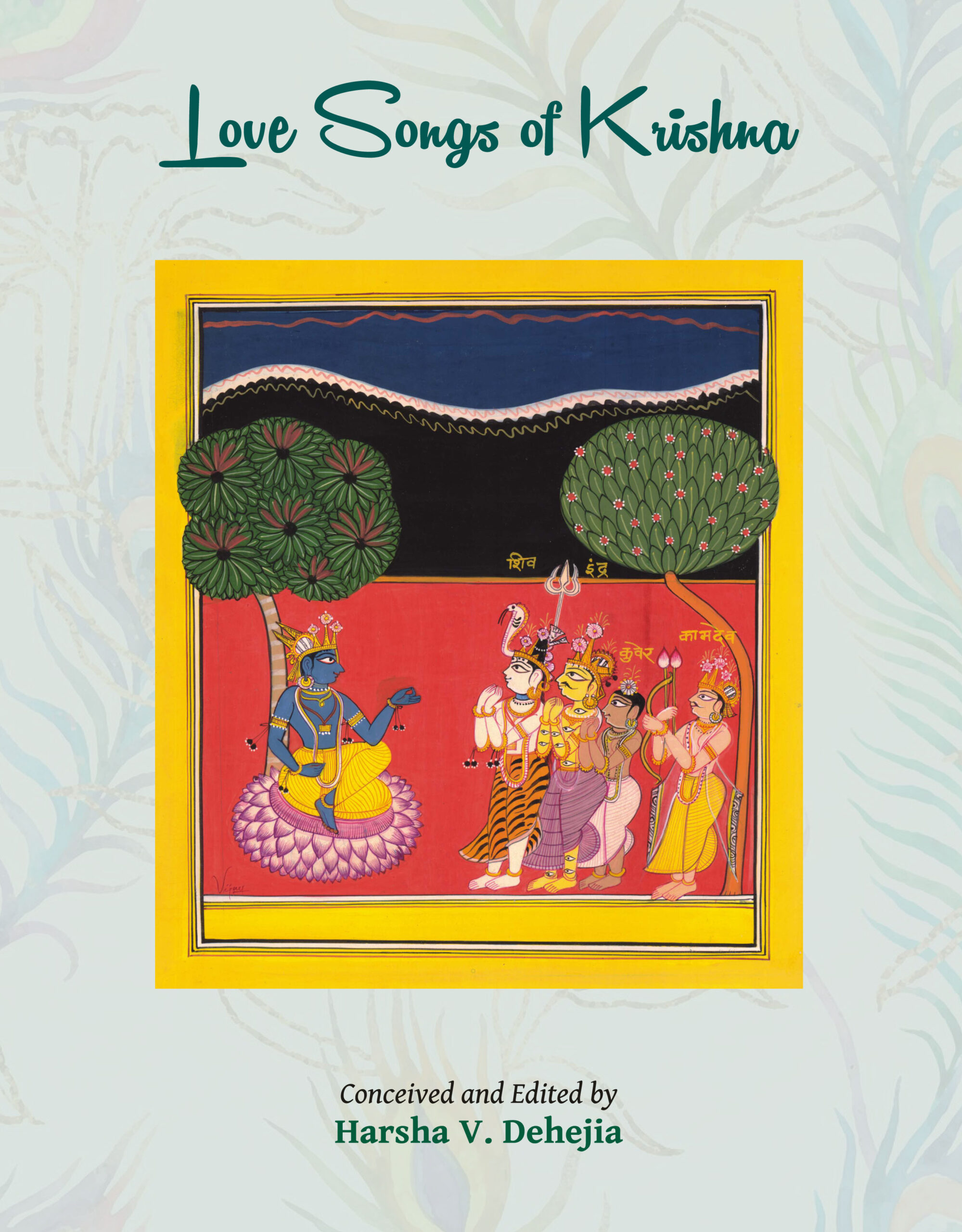
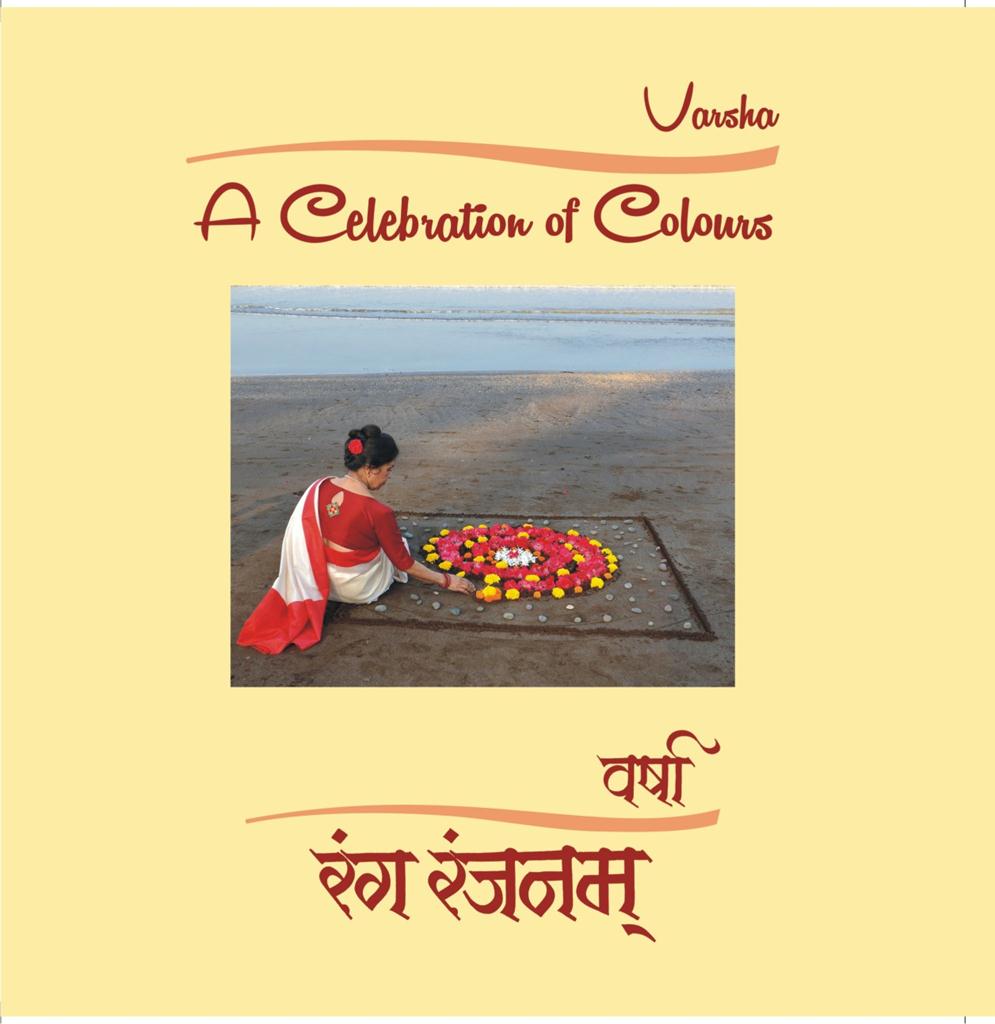
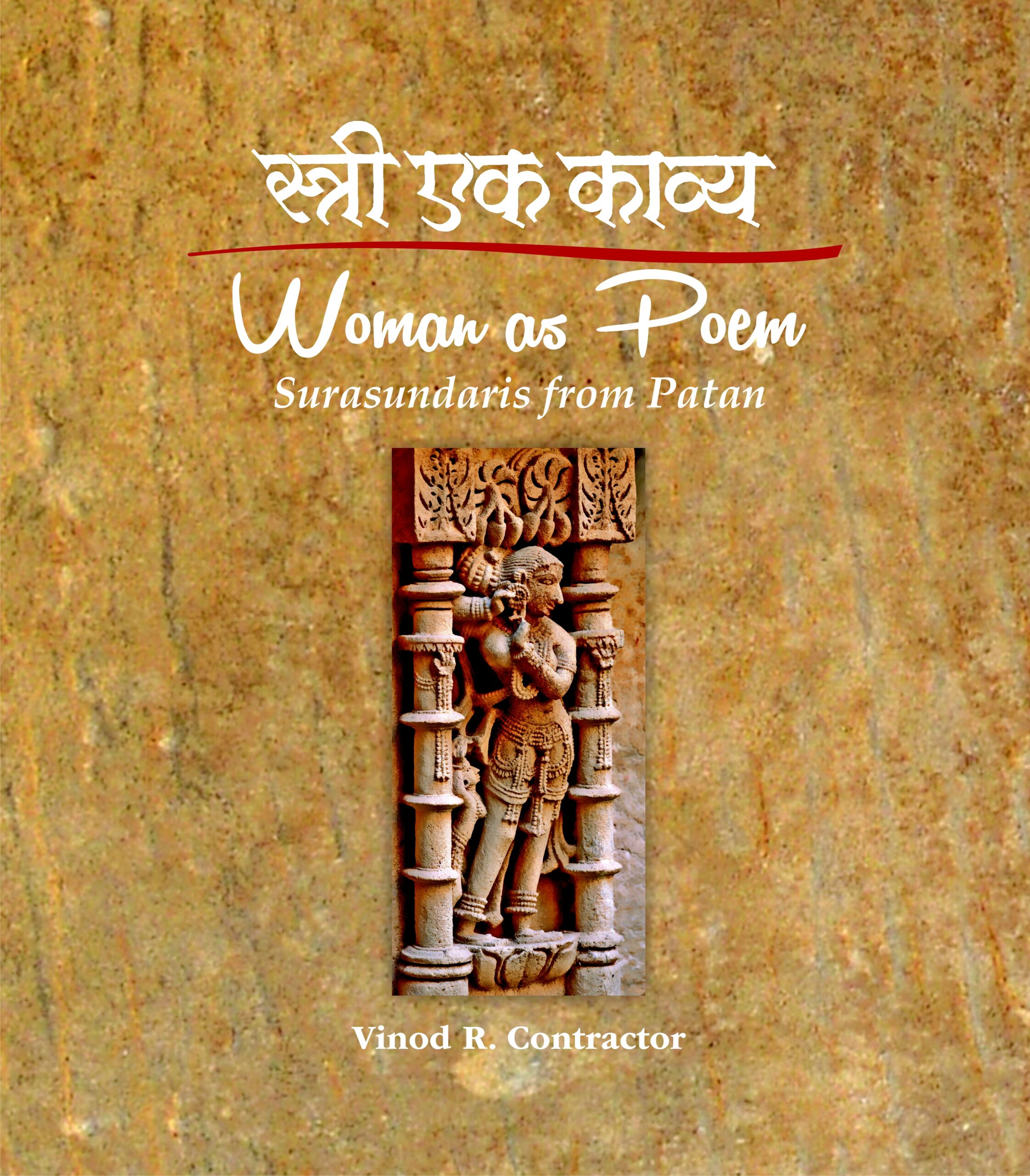
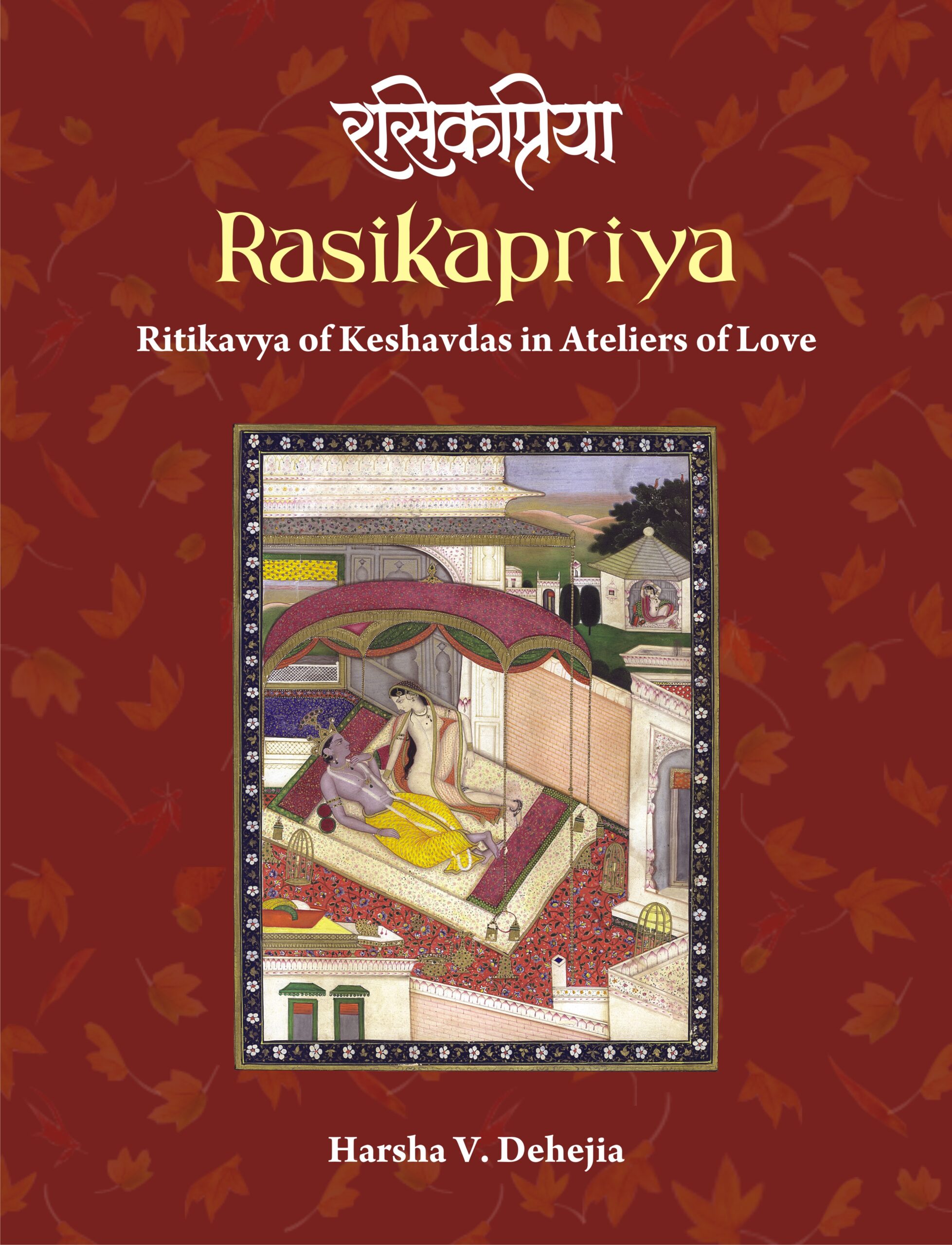
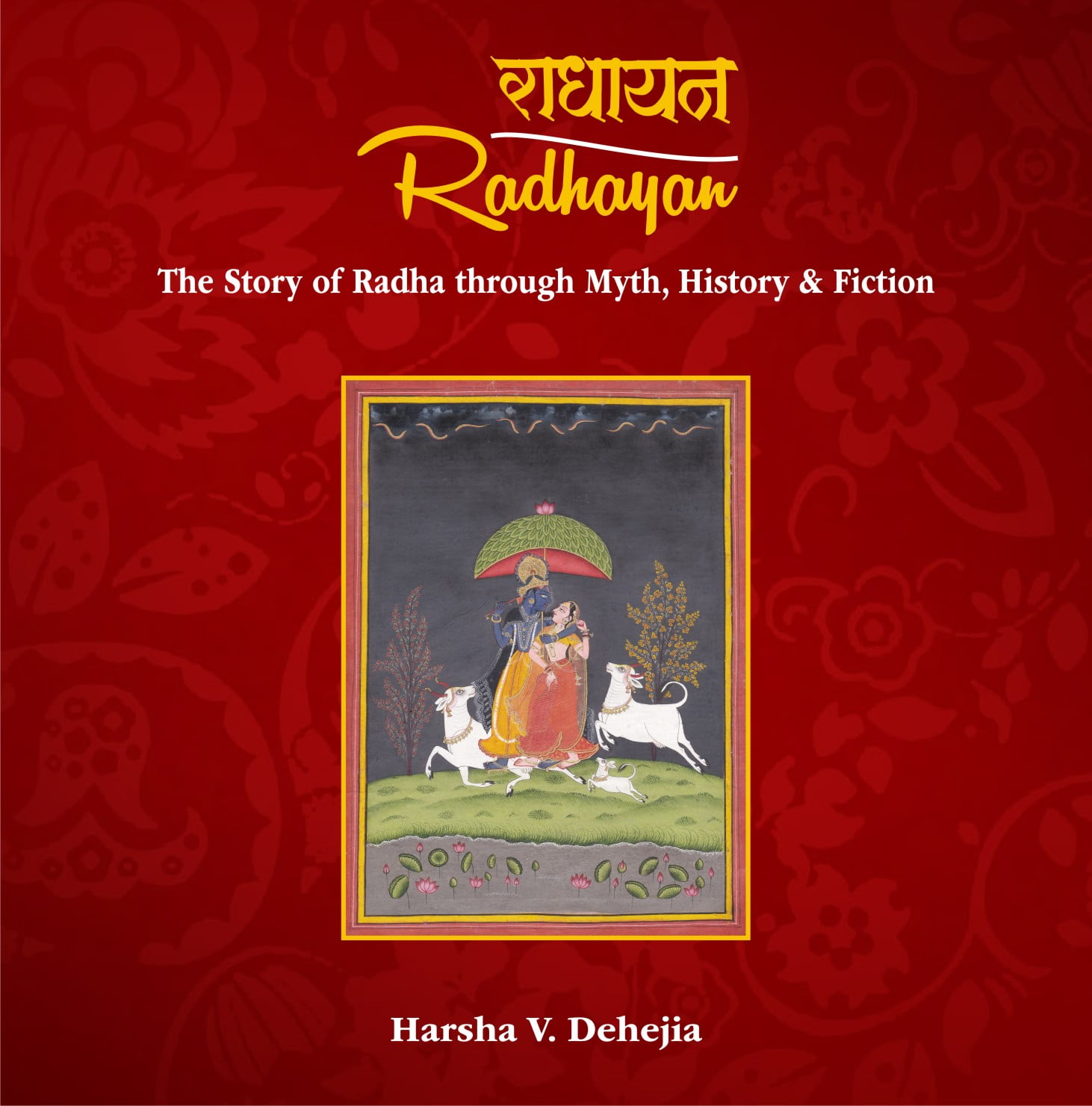
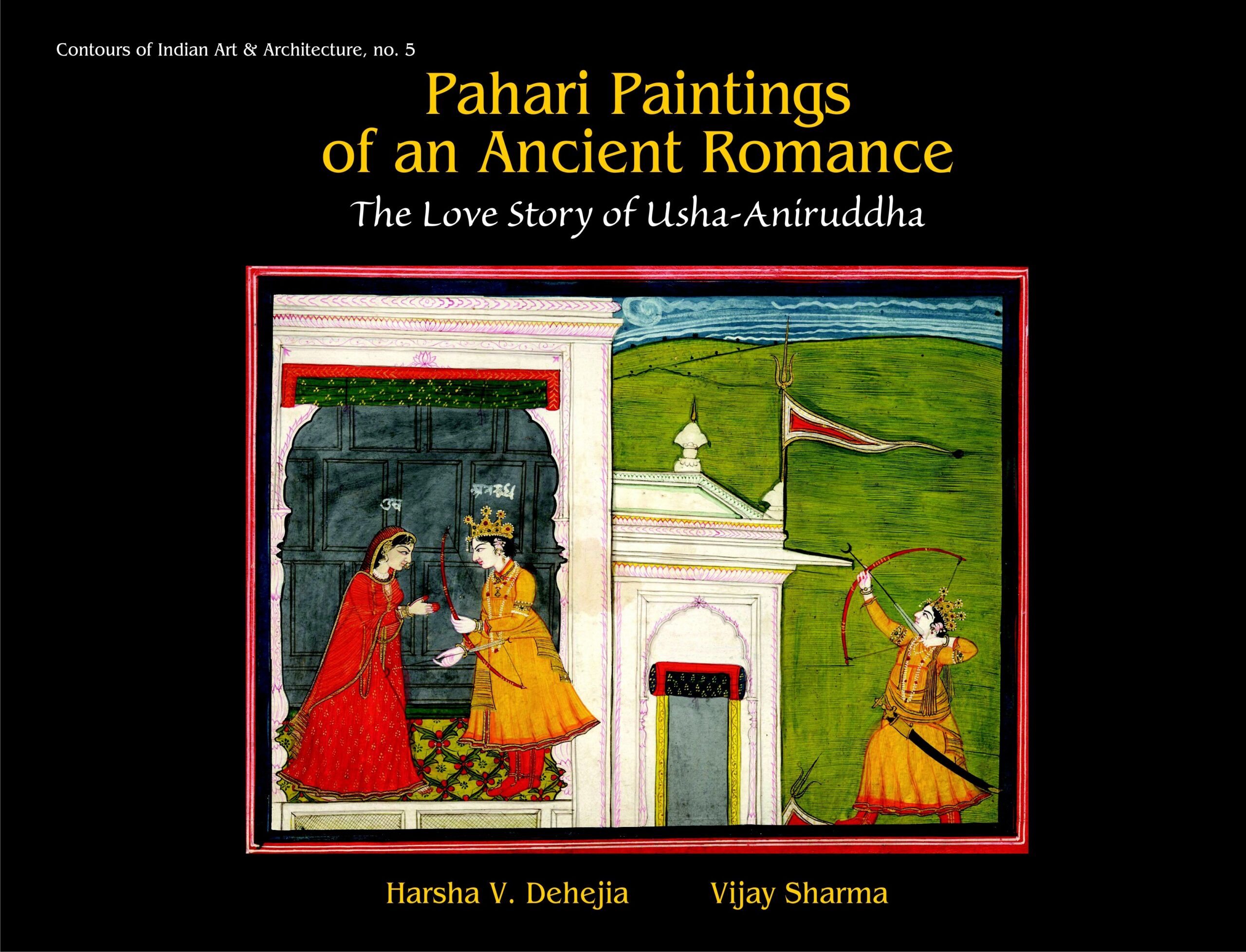
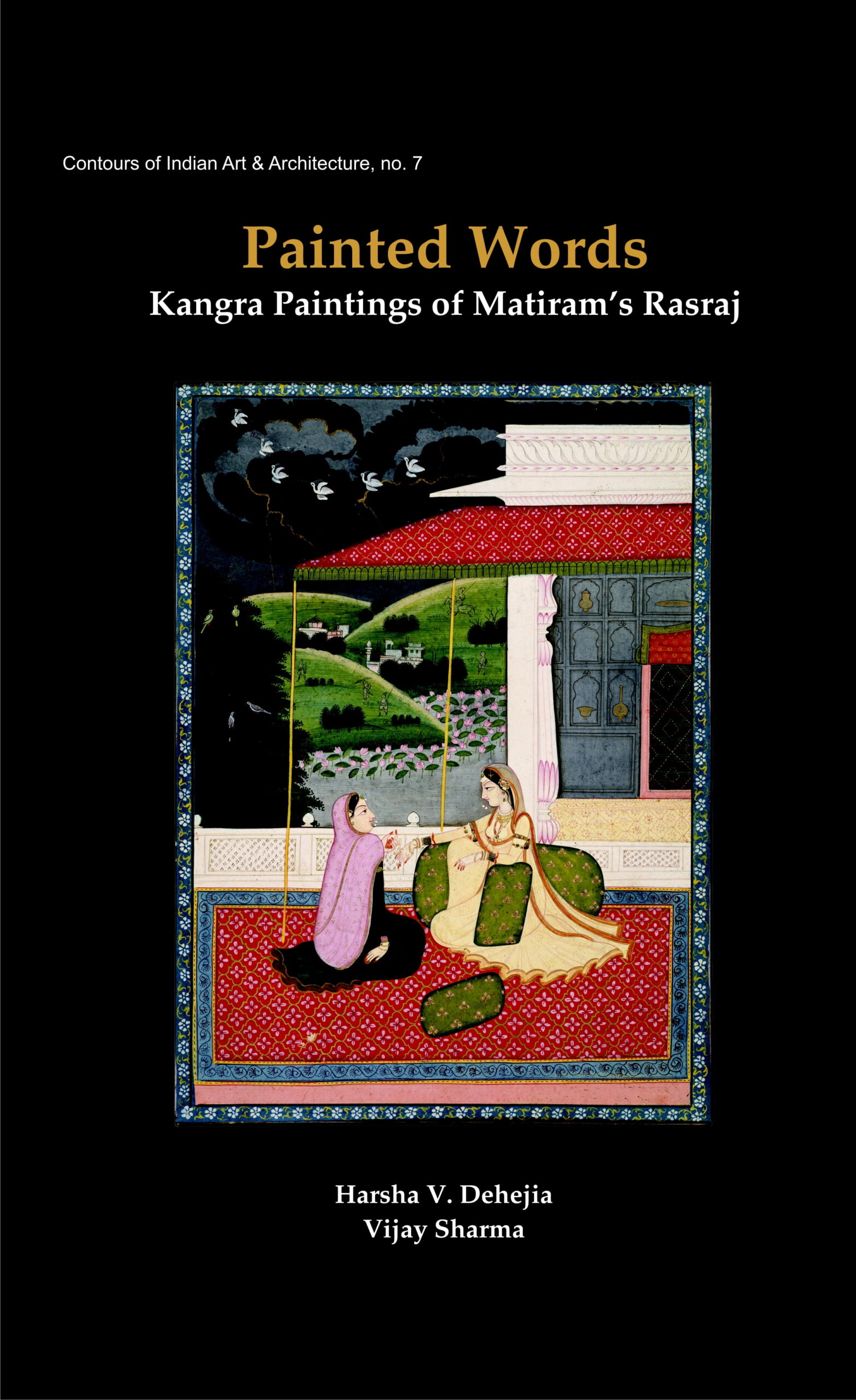
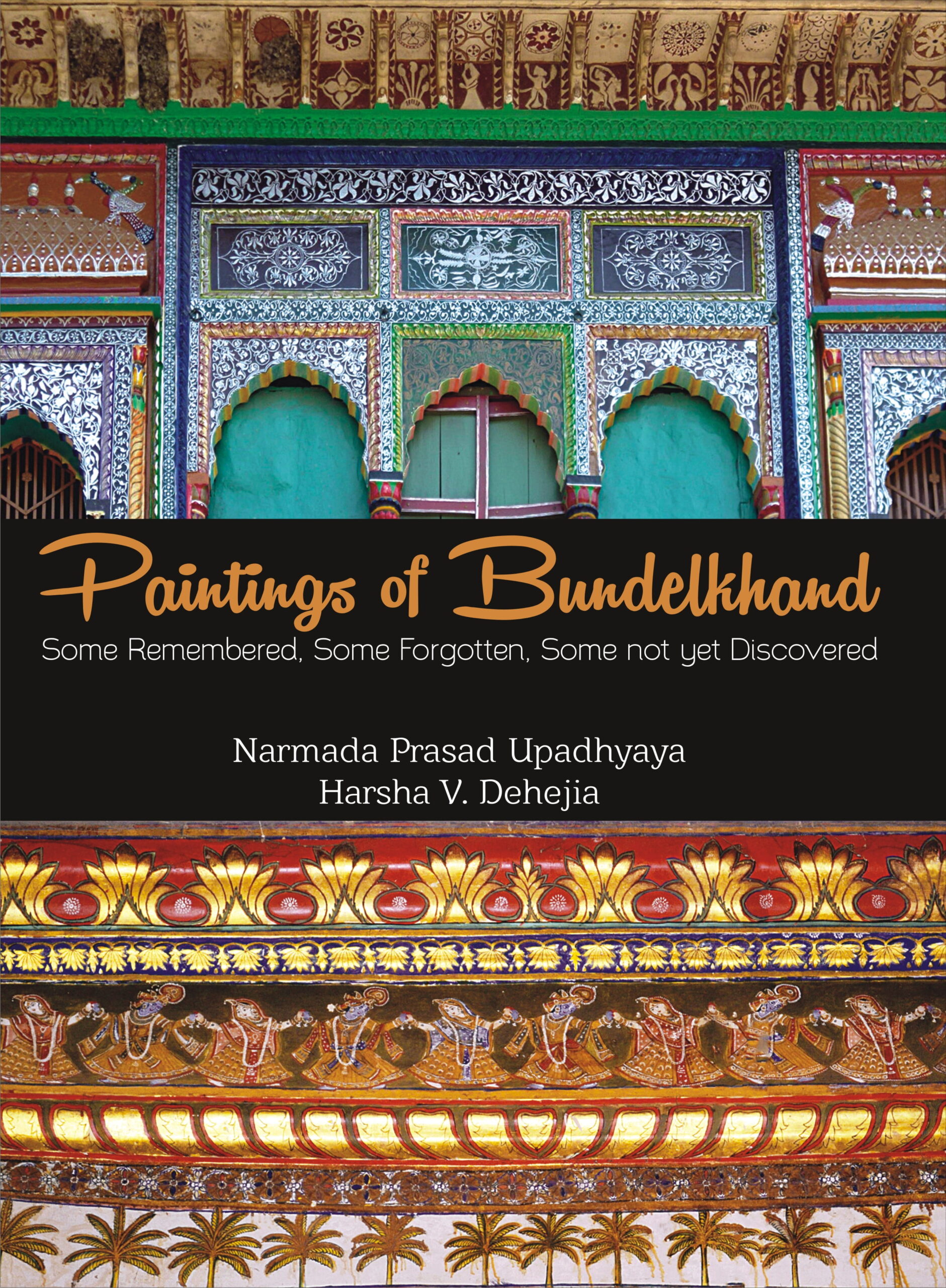
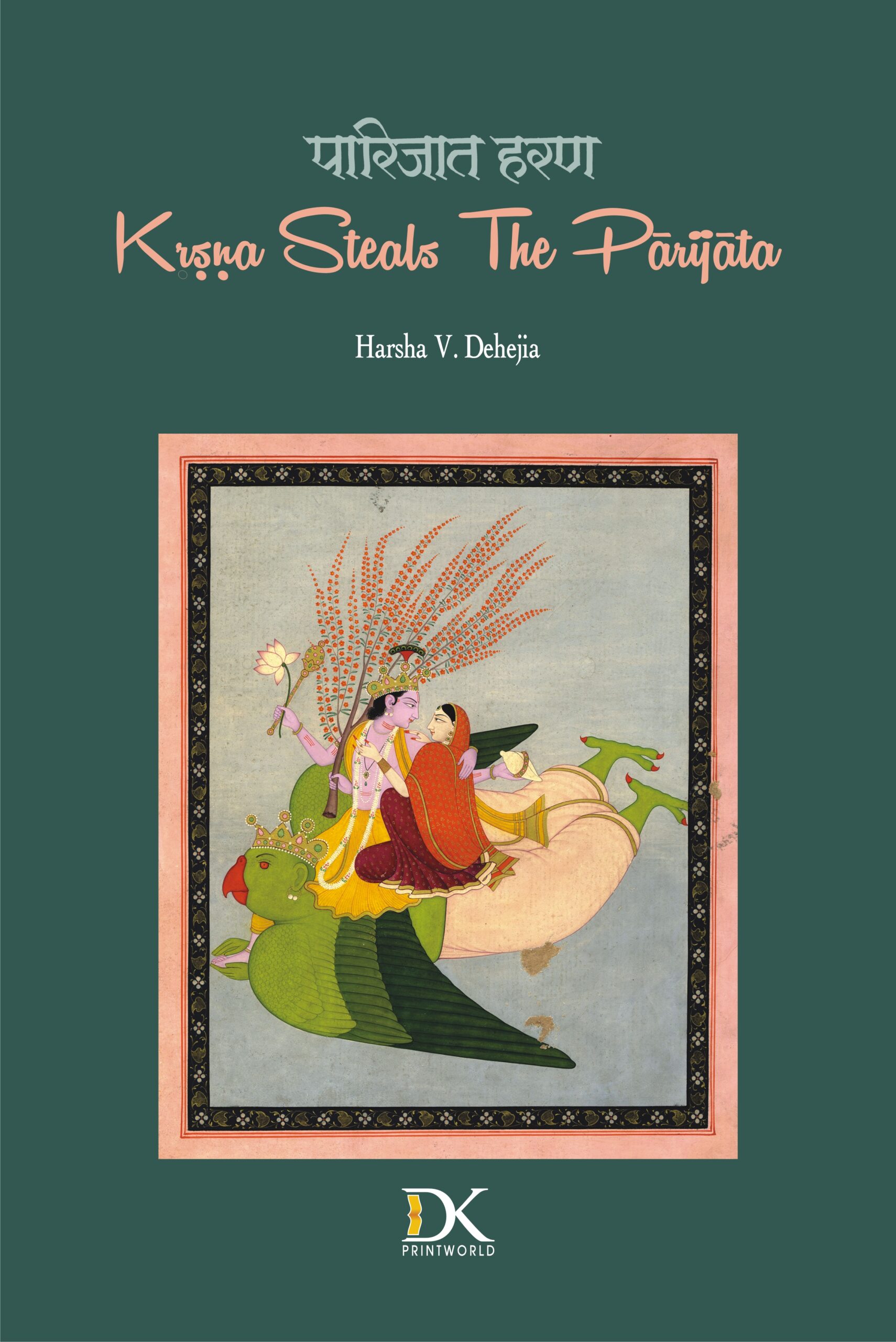
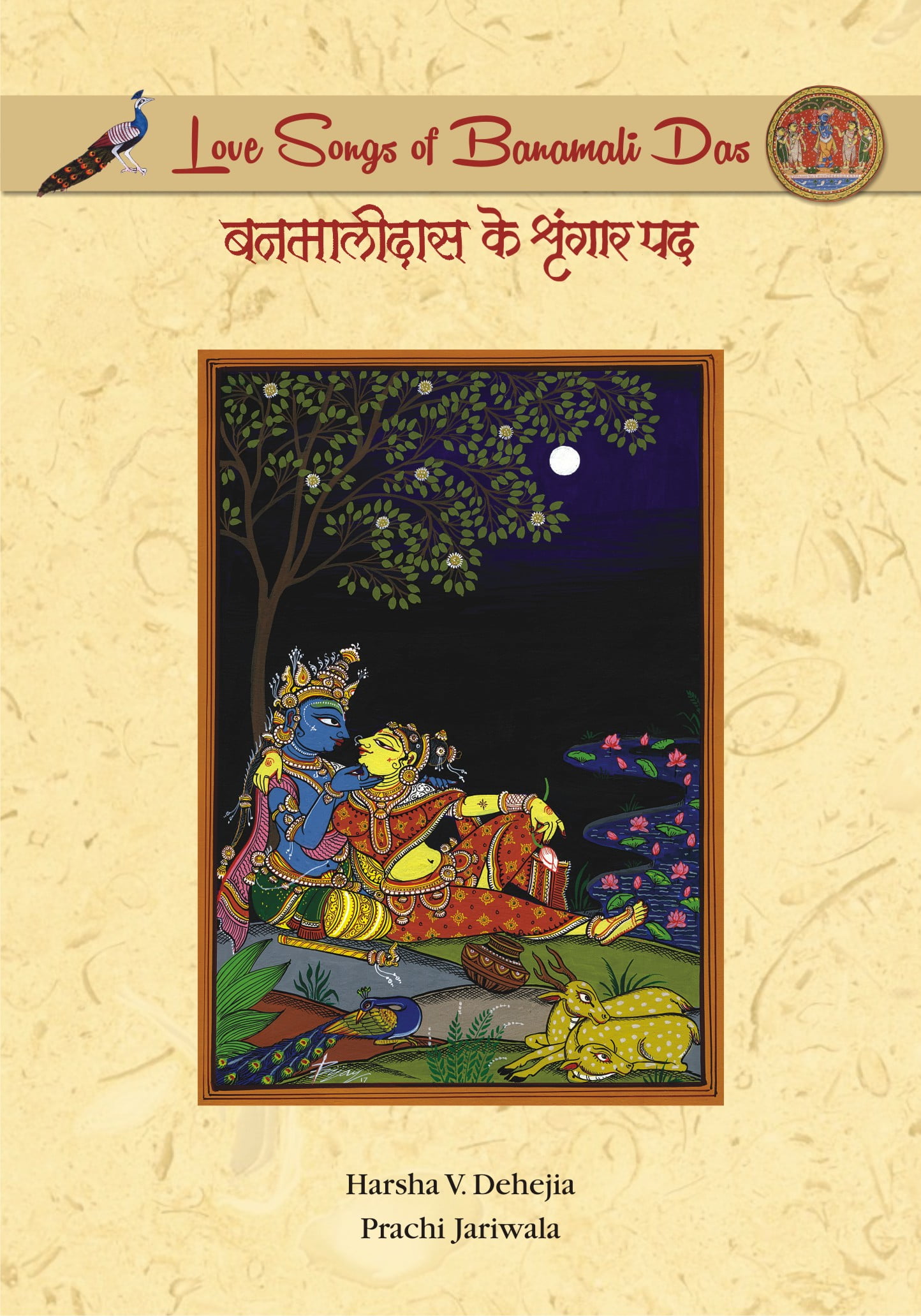
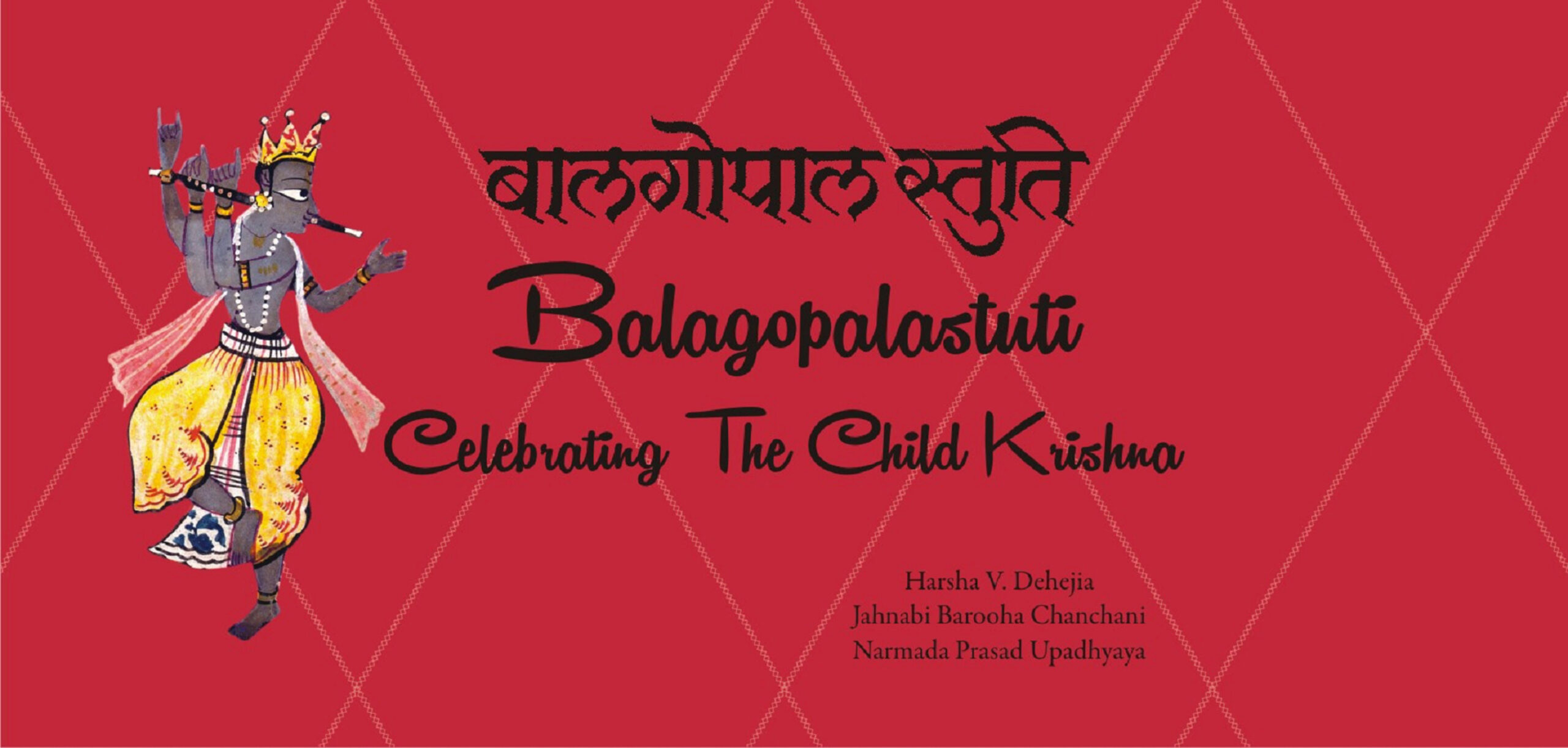

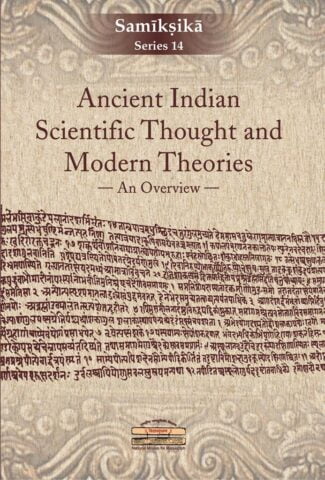
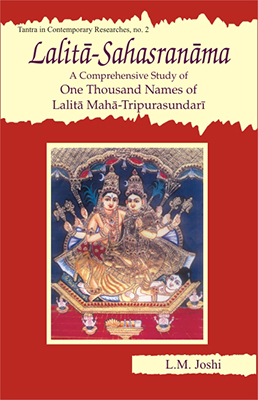

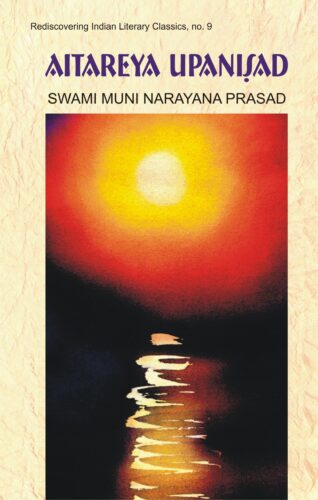
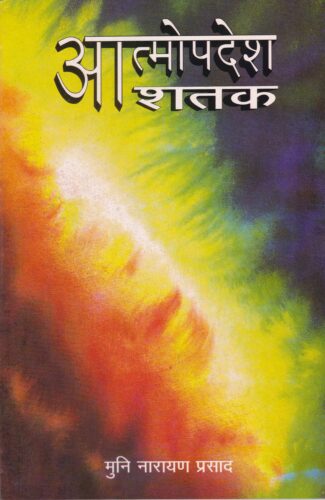
There are no reviews yet.